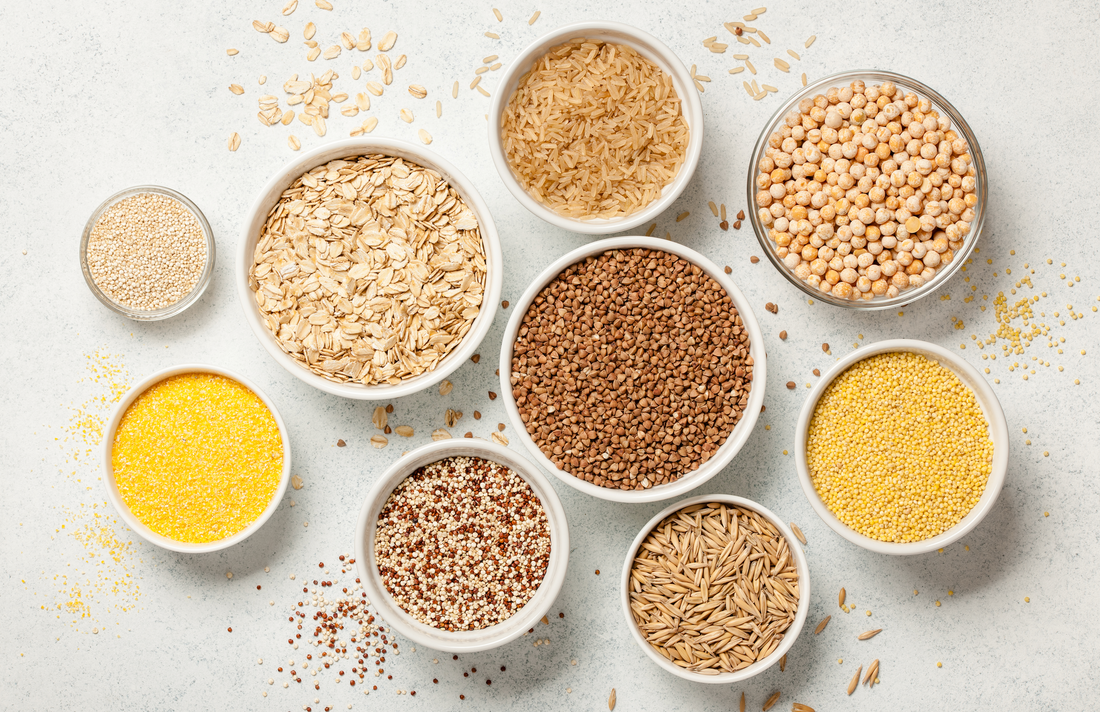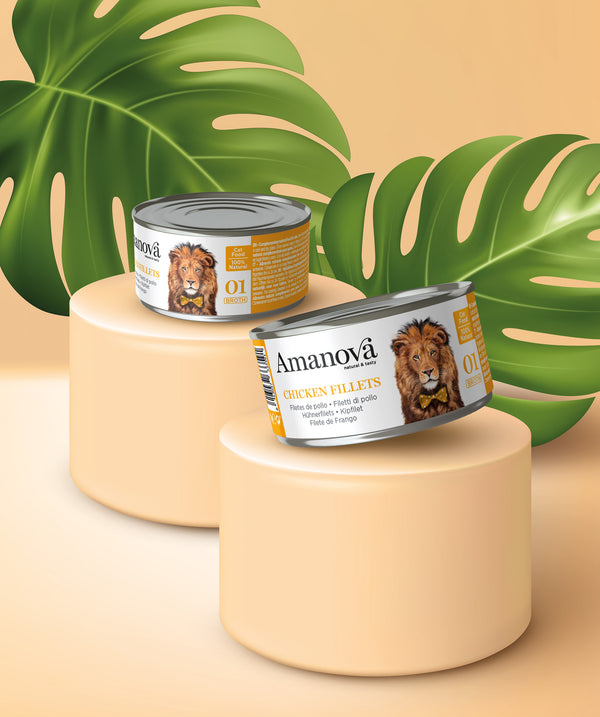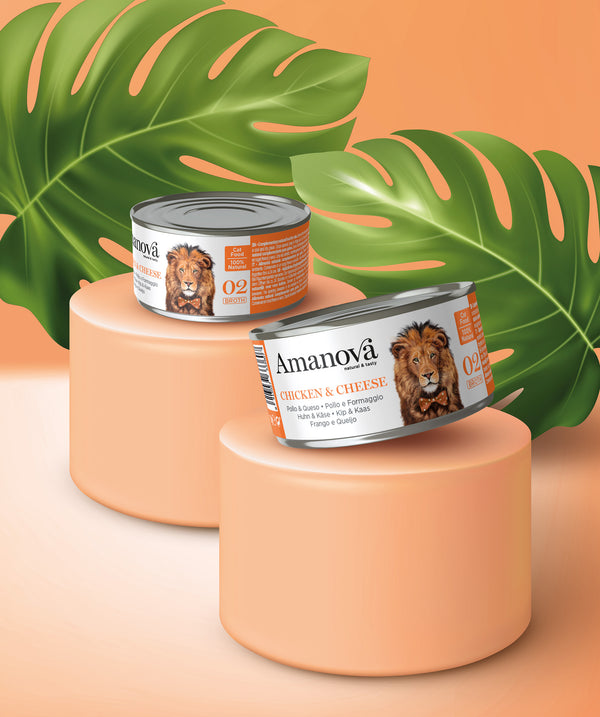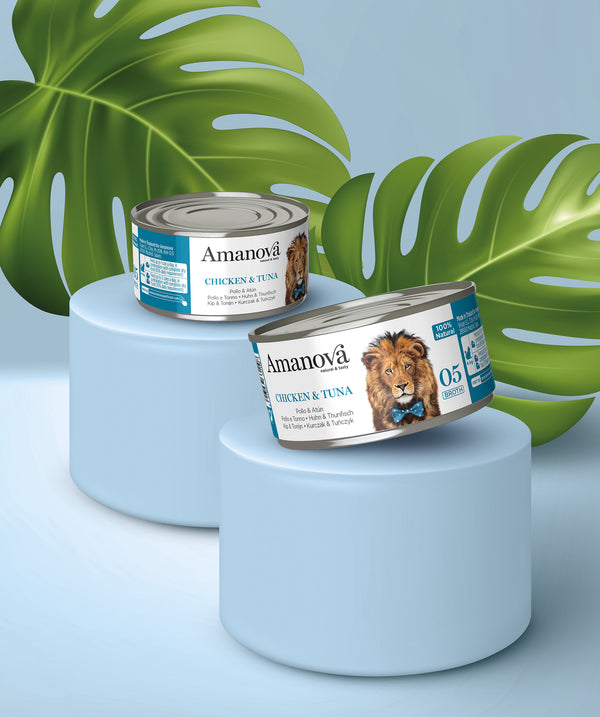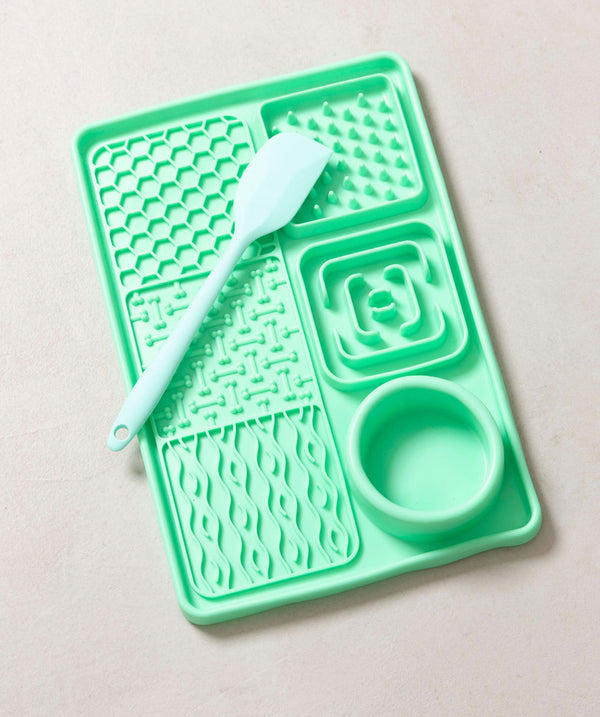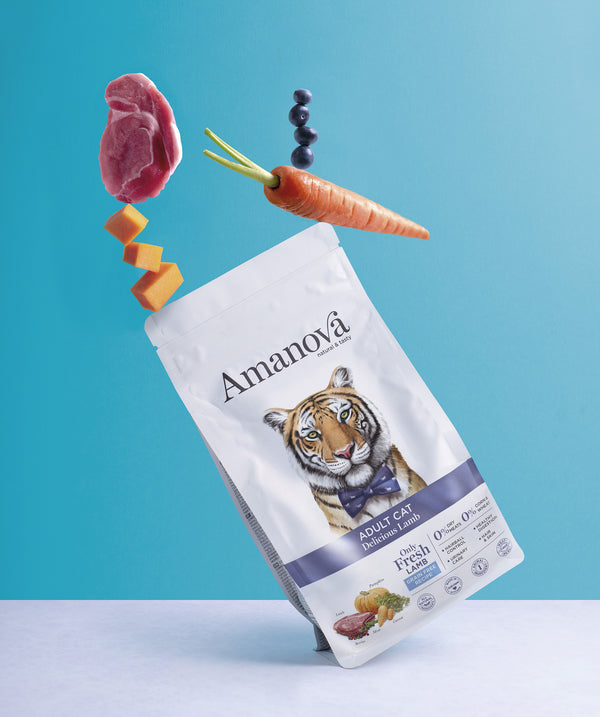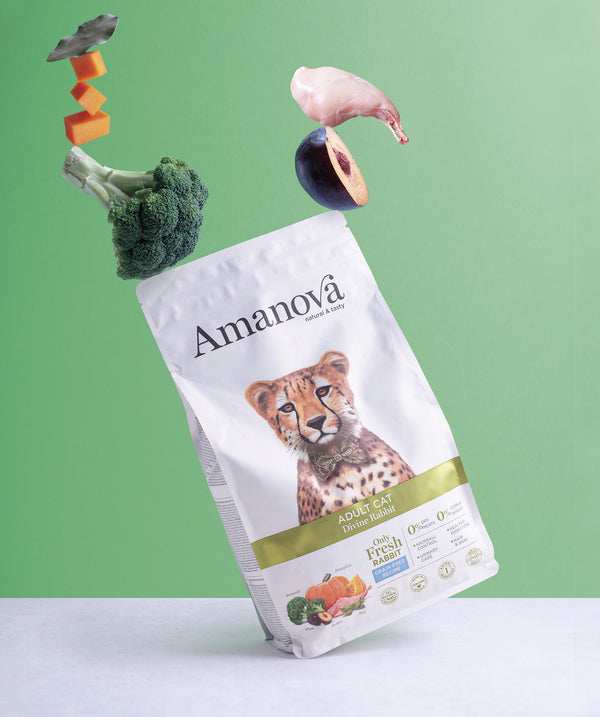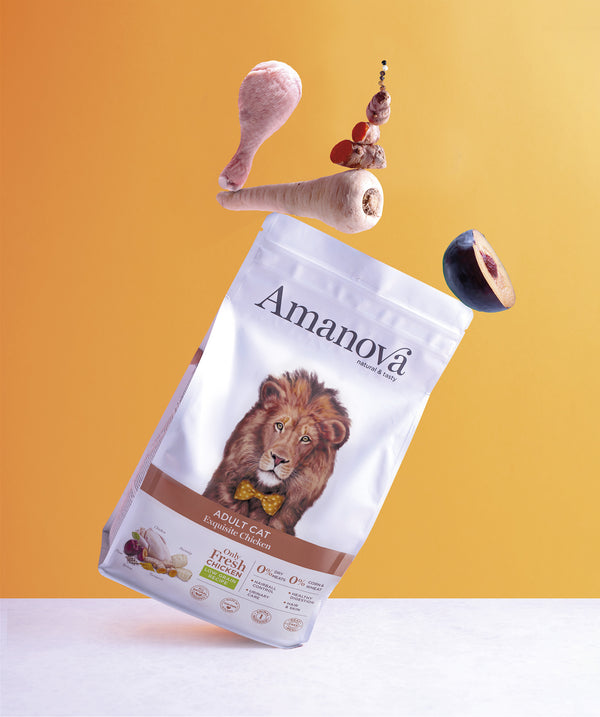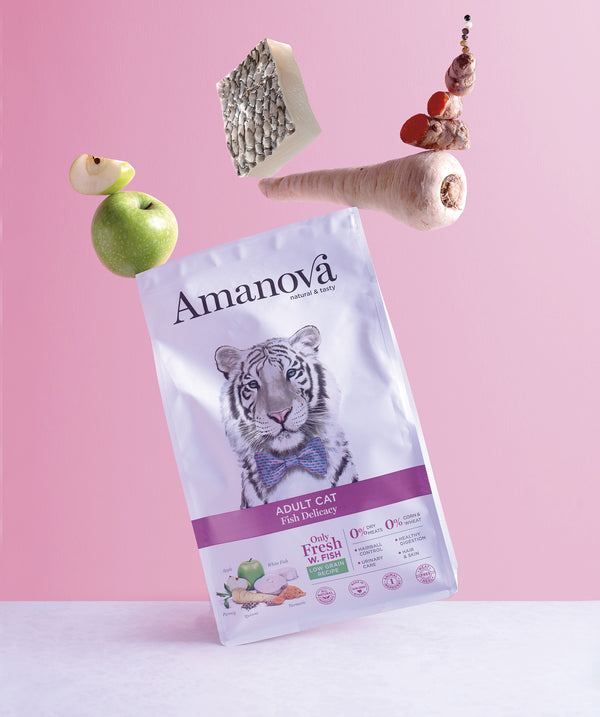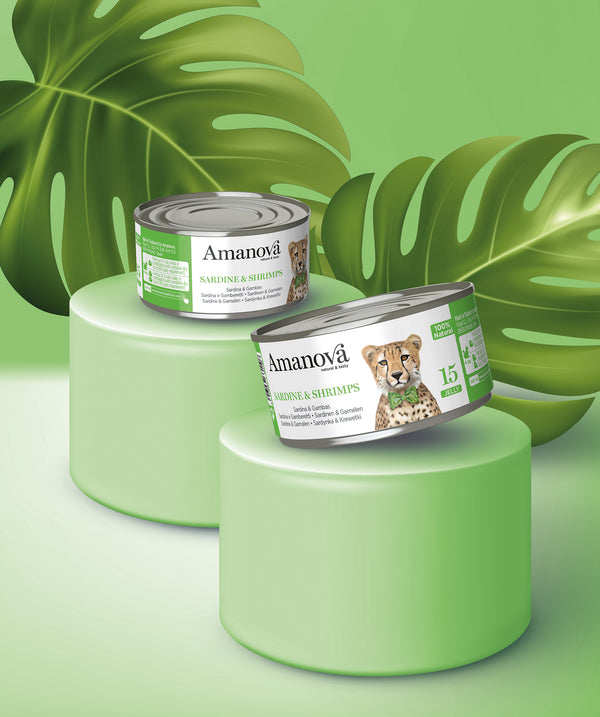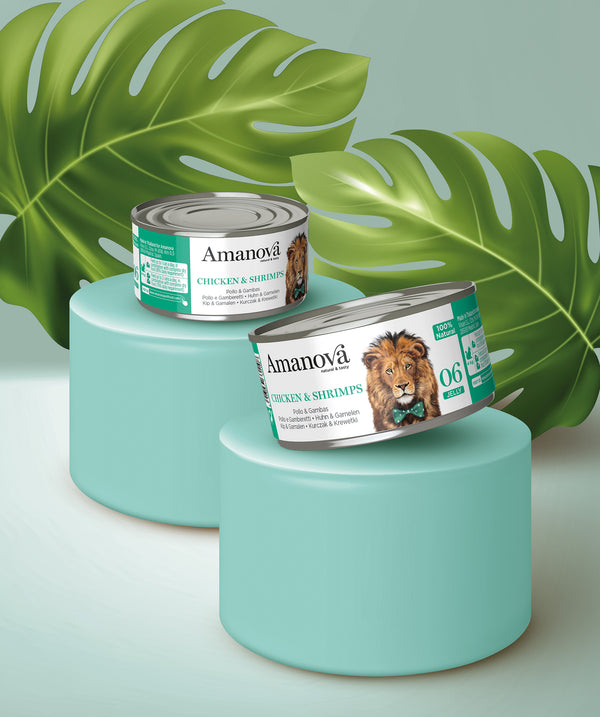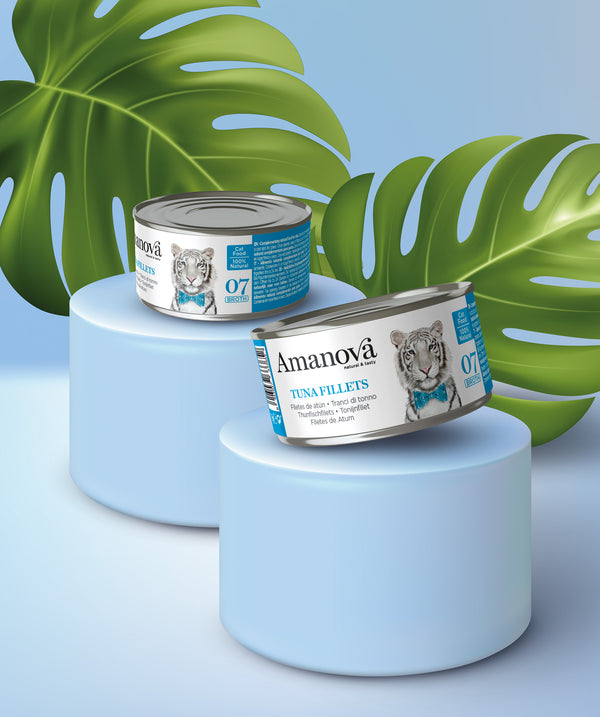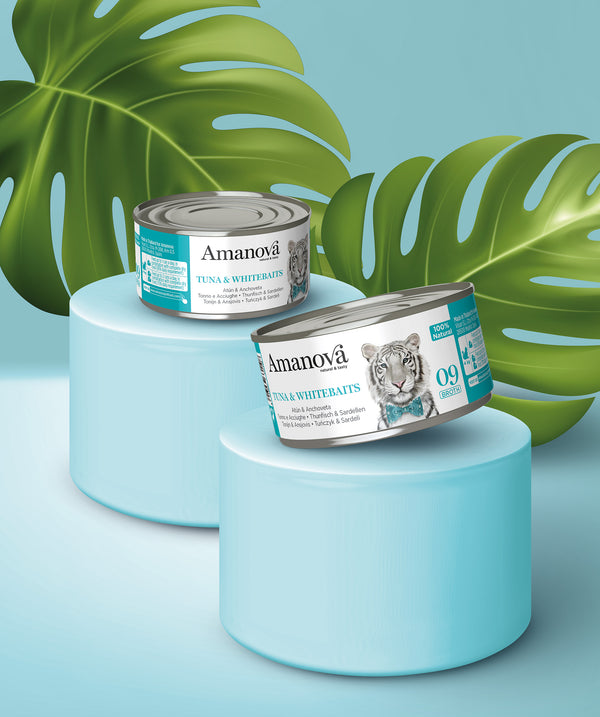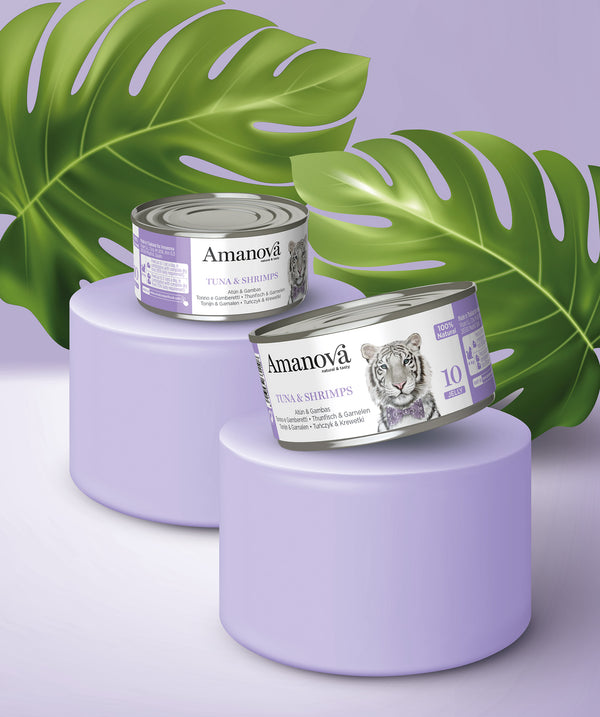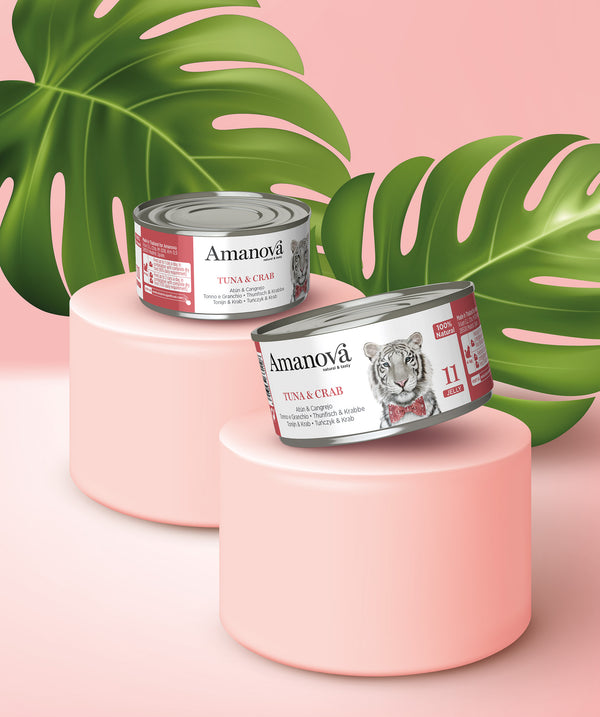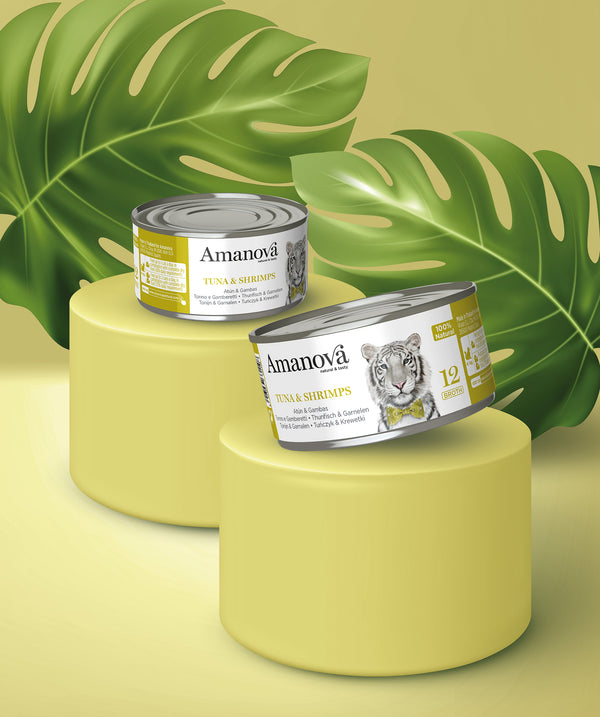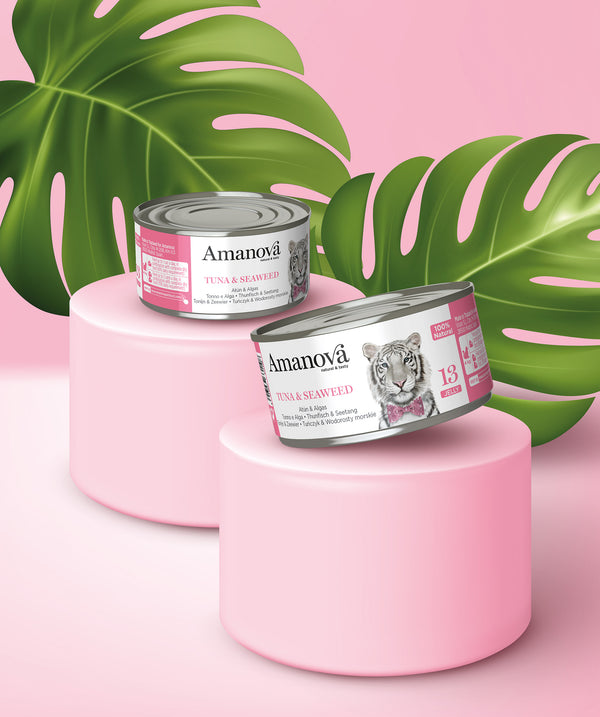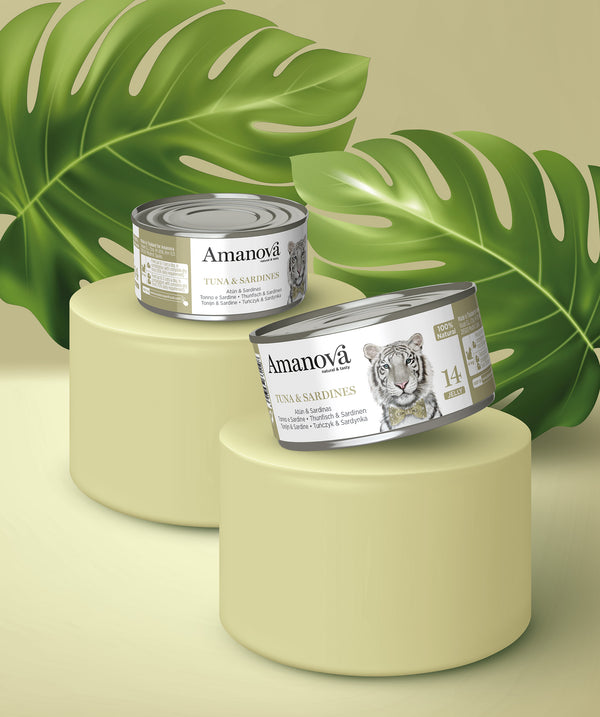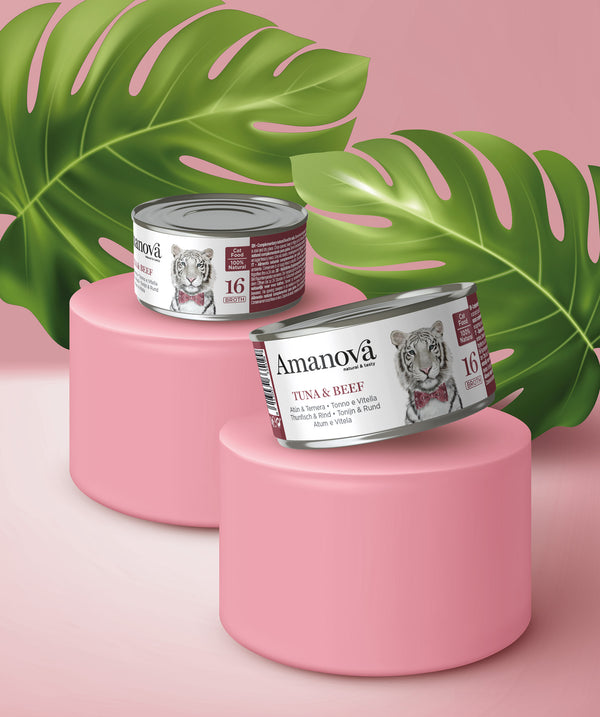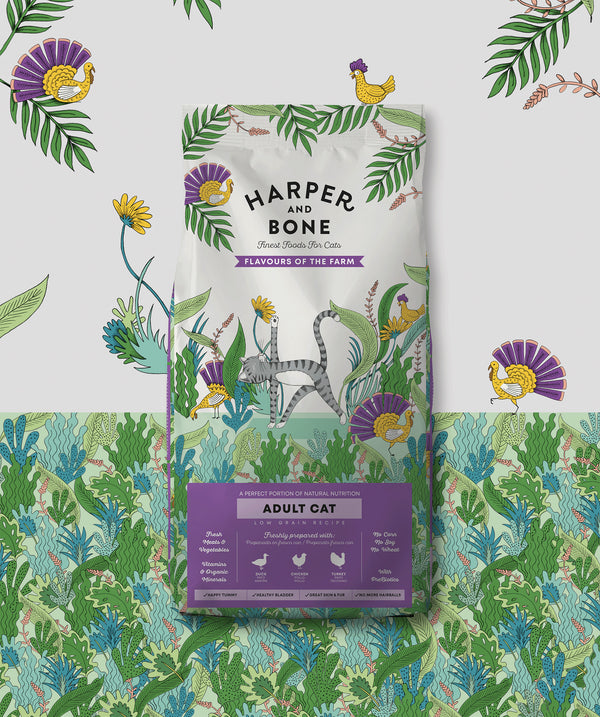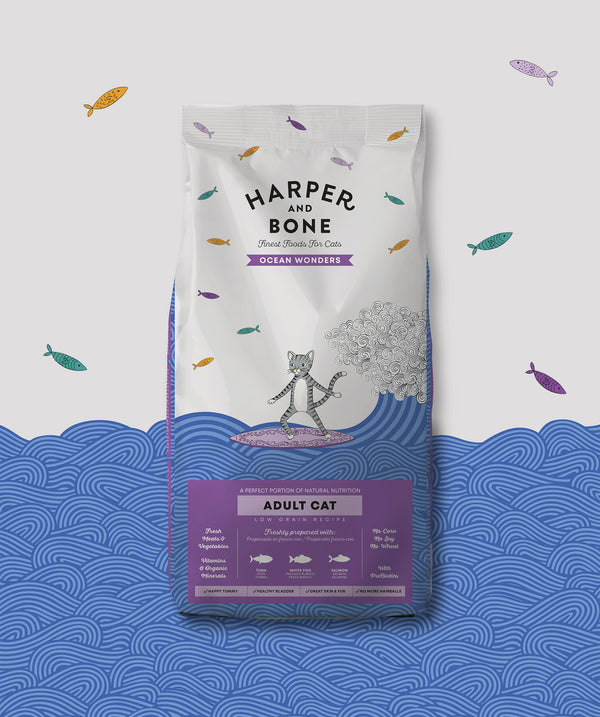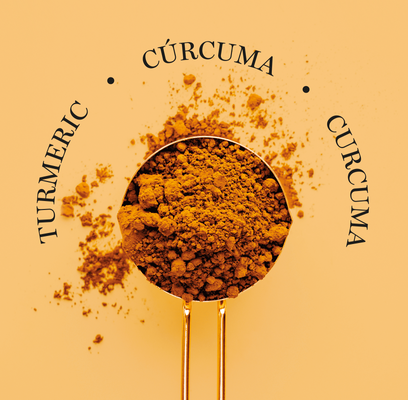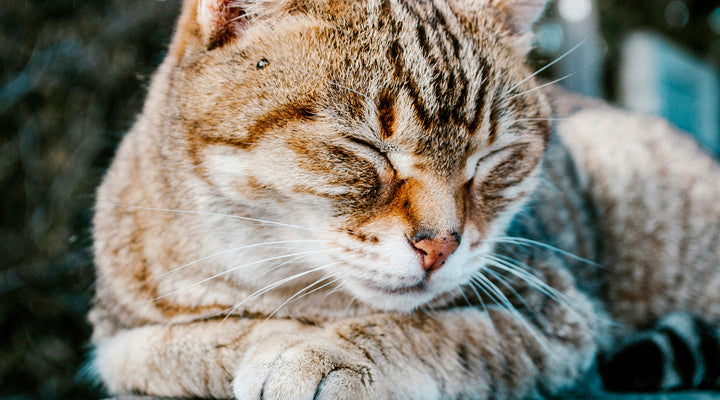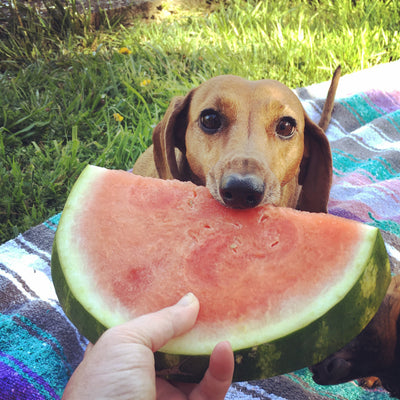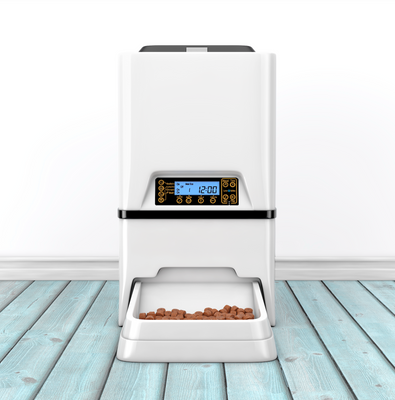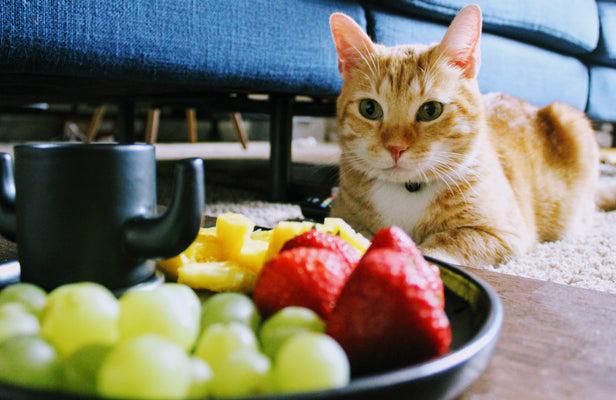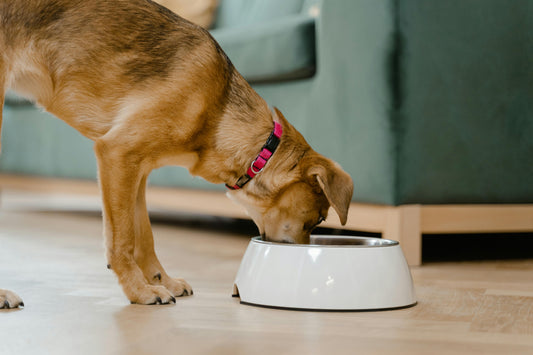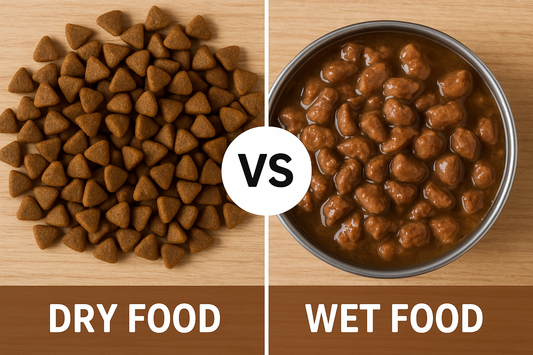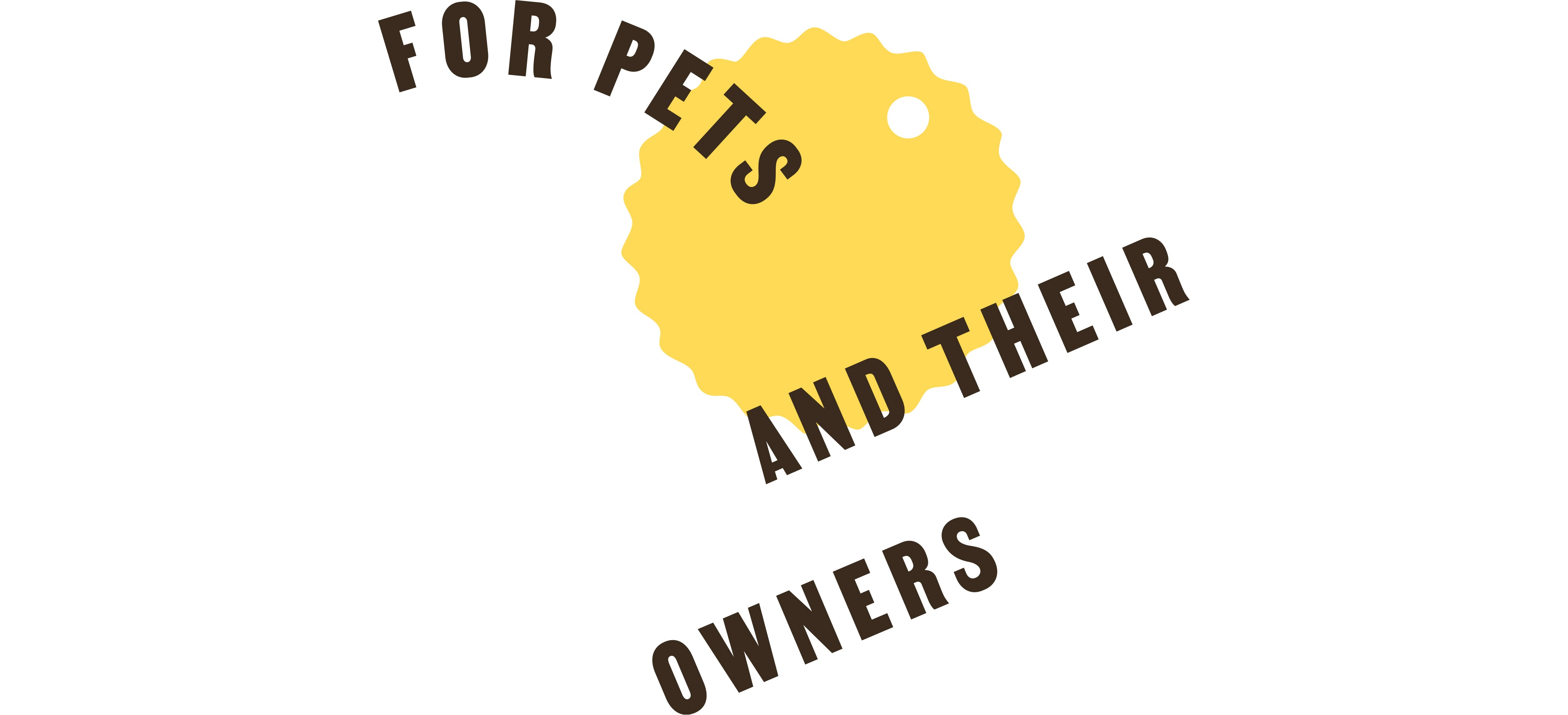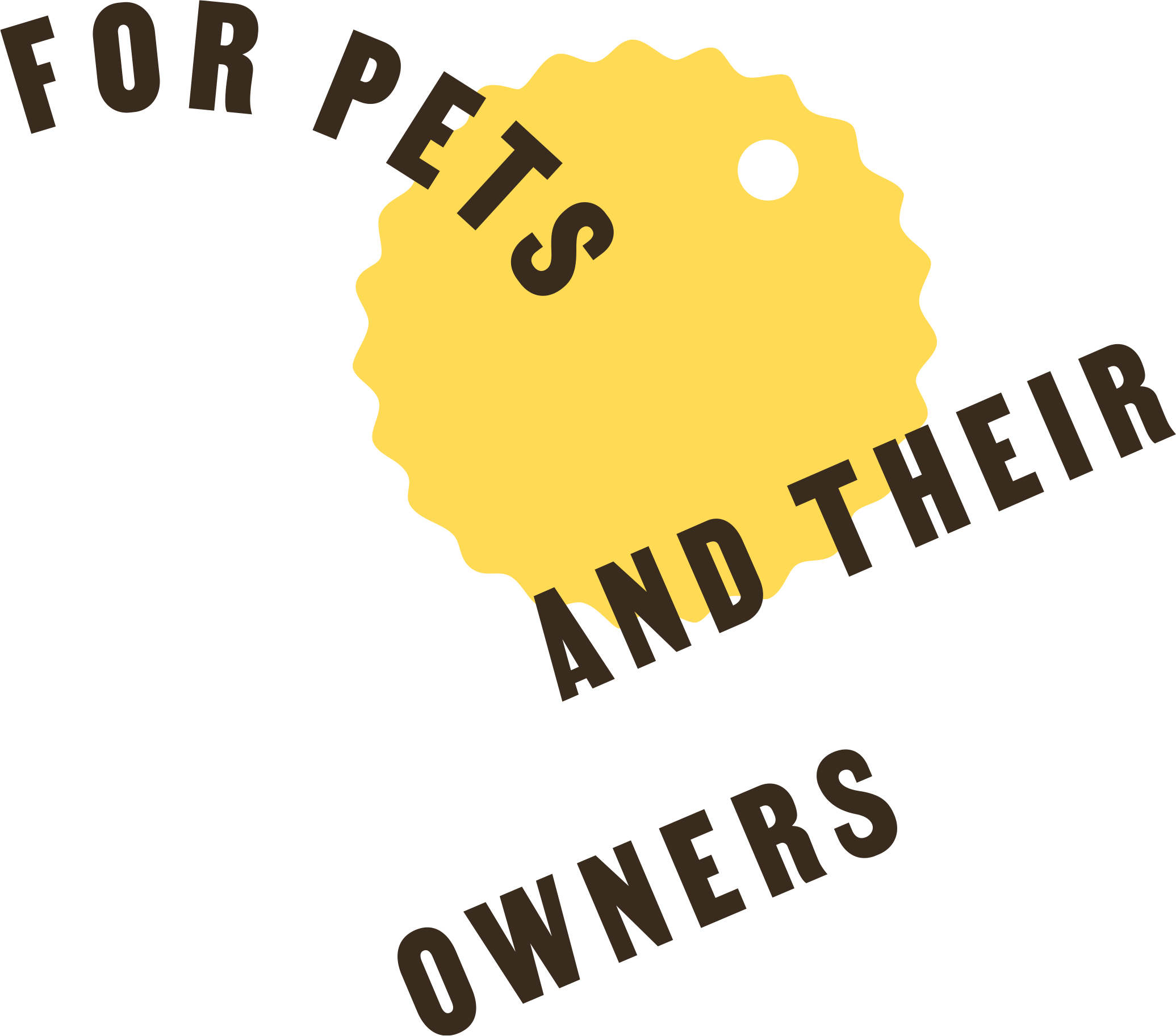It is common to be concerned about our pets' diet, as it directly affects their health. One frequent question is whether the consumption of cereals is beneficial for dogs. So, many of us wonder: should we eliminate cereals from their diet? Which types of cereals are better? What are the disadvantages of an excess of cereals in kibble? And what benefits does grain-free dog food have? Keep reading to find answers and ensure your pet's well-being.
Why should you avoid excess cereals in dog food?
Dogs are omnivorous animals that need to consume a minimum amount of carbohydrates to stay healthy. In fact, they have genetic adaptations to follow starch-rich diets, and at certain physiological stages such as pregnancy and lactation, there is a specific nutritional requirement for carbohydrates in the diet.
However, carbohydrates can also be obtained from vegetables and legumes. Thus, although cereal consumption is an appropriate way to ingest carbohydrates, cereals are not an essential ingredient in your furry friend’s diet. For this reason, special care must be taken with diets that contain an excess of cereals, as they can be harmful if they do not have a properly balanced nutritional composition.
How to offer cereals to your dog?
Although dogs do not need cereals to stay healthy, they can occasionally provide benefits such as fiber, vitamins, minerals, and even plant-based proteins. Keep the following recommendations in mind:
- Quantity: the portion of cereals should not be excessive and must be adapted to each dog's specific needs.
- Type of cereals: oats, rice, or quinoa are beneficial options. Wheat, on the other hand, is less recommended.
When is cereal consumption contraindicated?
In some cases, cereal intake is not advisable, for example:
- Food allergies and intolerances: especially if your dog has a gluten intolerance.
- Overweight: a carbohydrate-rich diet is not suitable for obese dogs.
- Sterilization or castration: after these processes, dogs tend to store more energy, so highly caloric diets are not recommended.
Always remember to consult your veterinarian about any doubts regarding your pet's diet and health. A specialist can recommend the most suitable feeding plan.
What is grain-free food?
Grain-free dog foods are foods free of cereals. This does not mean that they do not contain carbohydrates, but that in this case they come from ingredients such as legumes or tubers. Although they are usually recommended in cases of food intolerances or allergies, any dog can eat them without problems.
If you want to offer your dog grain-free kibble, we recommend the grain-free product range from Only Fresh. You will find hypoallergenic recipes made with alternative carbohydrate sources, ideal for dogs with sensitive digestion or intolerances.
